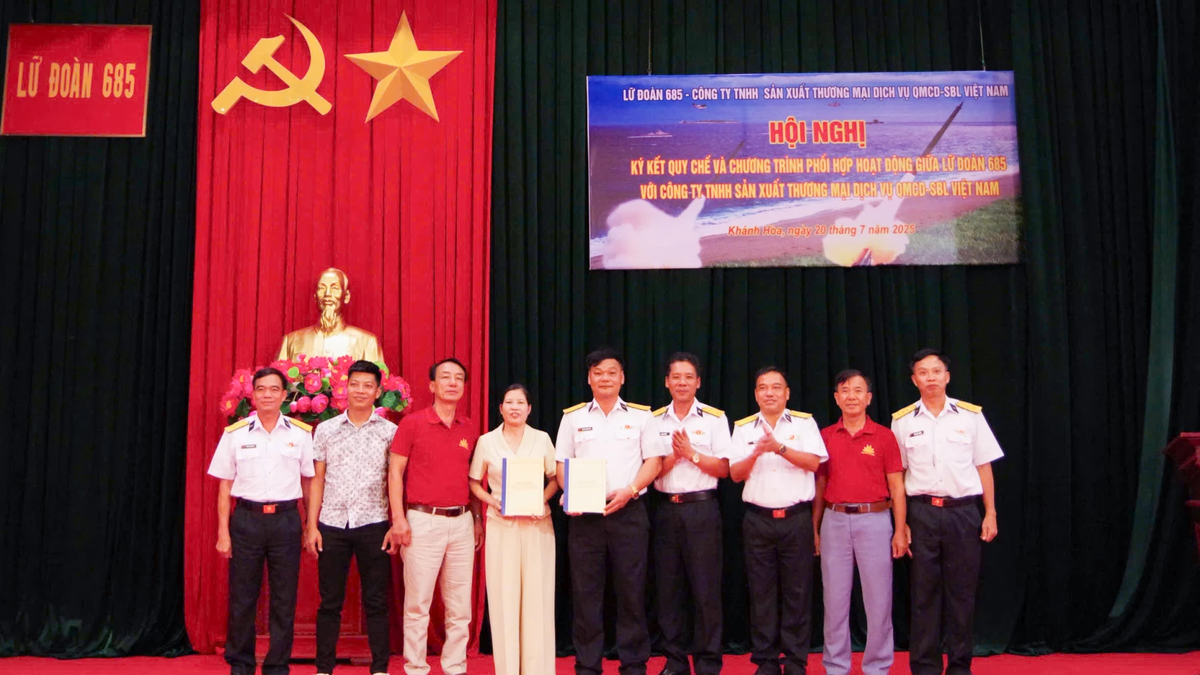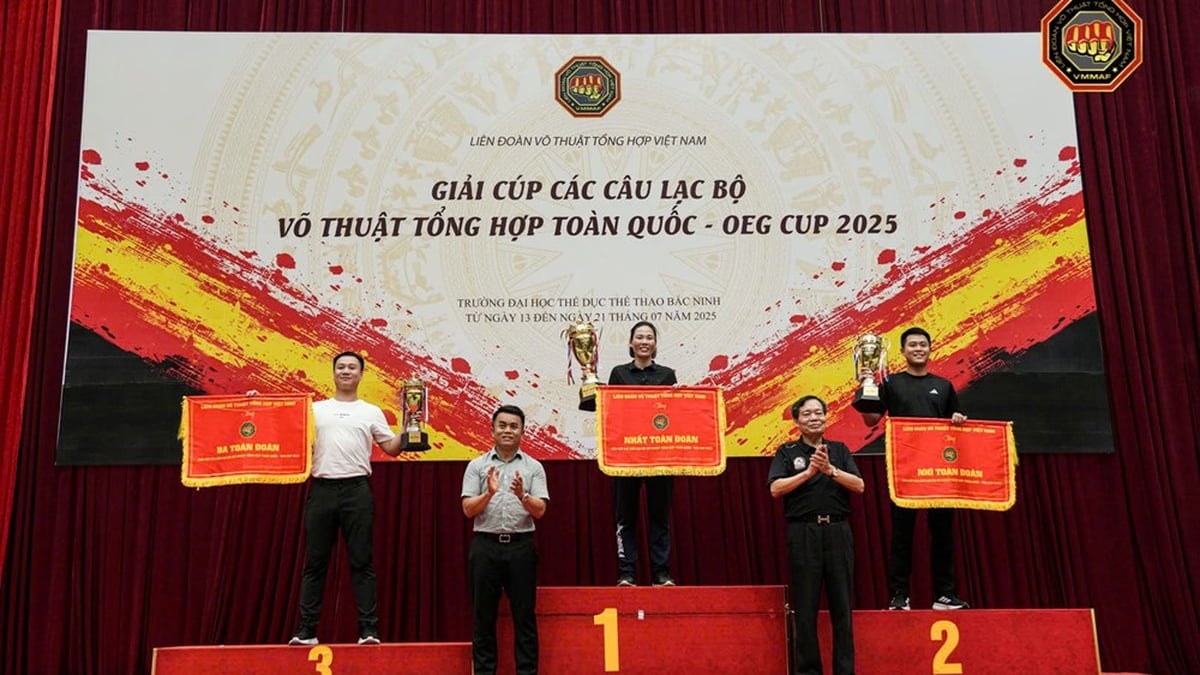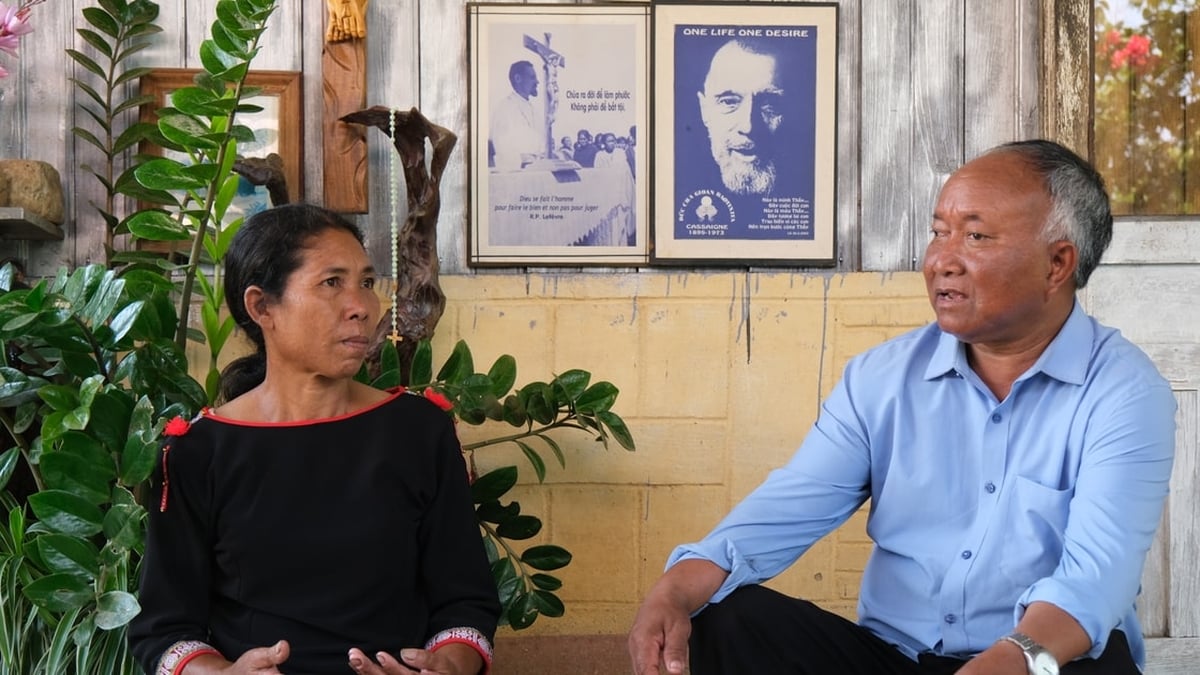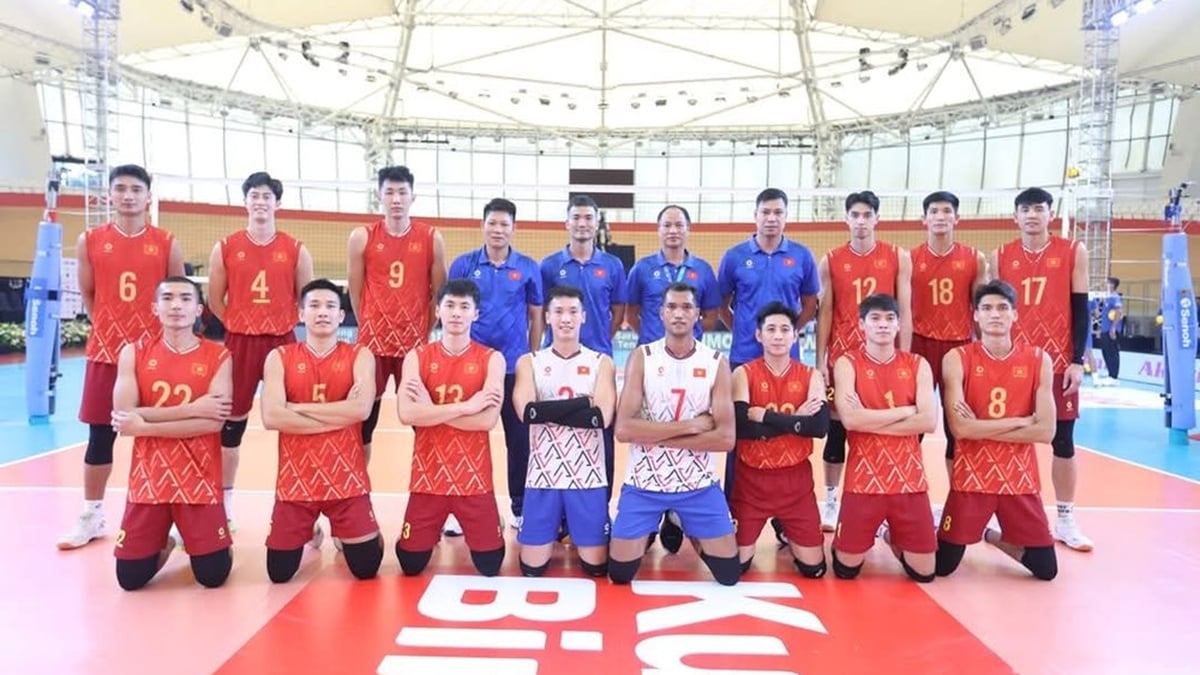"I'm not a genius in the true sense of the word"
Wang Liangzi was born in 1987 in an intellectual family in Shizhu County, Chongqing (China). At the age of 4, she already knew how to read. Liangzi passed primary school very easily. "I didn't need to study anything else, just focusing on the knowledge in class was enough to study well," she recalled. At the age of 9, Liangzi was in junior high school. At the age of 16, Liangzi passed the entrance exam to the Department of Physics Engineering at Tsinghua University.
When she arrived at Tsinghua, she was one of the youngest freshmen. For Luong Tu, this was nothing new: "Since I was young, my classmates were older than me. I got used to it." At 19, she became the youngest graduate of the faculty to officially receive her diploma.
She then went on to pursue a PhD in Nuclear Science and Technology at Tsinghua University. During her PhD, she published several papers, including a paper on Optimizing Reactor Core Design Using Deep Learning in the journal Nature .
In 2011, at the age of 24, Quan received her doctorate from Tsinghua University. Soon after, she joined the China National Nuclear Corporation, becoming one of the key members of the Longteng 2020 Plan. The plan aims to push China's nuclear energy technology to reach the world's advanced level by 2020.
Here, Quan Tu quickly matured while participating in two major projects, Hoa Long and Linh Long - large-scale nuclear power engineering projects with long research and development cycles. Quan Tu said that these great achievements are the result of the continuous accumulation and breakthrough of many people working in nuclear energy.
In 2013, Quan Tu officially joined the Linh Long 1 project. In this project, Quan Tu achieved important technical breakthroughs. She obtained 6 invention patents, 2 software copyrights and published more than 10 articles domestically and internationally.

In 2018, with the accumulation of expertise and technology over many years, Quan Tu was appointed as Deputy Director of the Nuclear Technology Application Research and Development Center. In 2019, she served as Deputy Secretary General at the China Institute of Nuclear Energy.
By 2020, Quan Quan was appointed by China National Nuclear Corporation as a senior research engineer, becoming the youngest professor-level scientist (this is the highest title used to refer to someone with outstanding scientific achievements, reaching the highest professional level) in the field of nuclear reactor physics research in China.
As one of the few female nuclear physicists to be appointed to a senior position at the age of 33, Quant rejects the notion that she is a genius. "There are certainly differences between people, but I cannot be considered a model of a genius in the true sense," she says.
Not afraid of difficulties
For Luong Tu, the process of participating in the Hoa Long 1 project encountered many difficulties. She said that at that time, the design software used in the project development process was still designed by the French.
“Without autonomous software, there will be no autonomous design, so my task is to quickly design autonomous nuclear power software and software integration platform (NESTOR),” she said.
Faced with this pressure, Quan Tu was not worried: "I am not a person who is afraid of difficulties. For me, there is no bottleneck that cannot be overcome on the path of scientific research. Just learn and research, the problems will be solved." In 2 years, Quan Tu devoted all his efforts to NESTOR, completing an important step in the process of autonomous development of the Hoa Long 1 project.
After completing this mission, Quan Tu continued to join the Linh Long 1 project. This is the project to build the world's first multi-purpose commercial small modular pressurized water reactor on land located on Hainan Island (China). She is mainly responsible for developing the Core Physics software for the Isotope Production Solution Reactor.
Looking back on this journey, Quan Tu feels satisfied. "I don't like doing things over and over again, standing still. The most important thing for me in this process is to be able to find steps of progress, expanding my vision," she shared with ScienceNet .

Source: https://vietnamnet.vn/nha-vat-ly-hat-nhan-nu-hiem-hoi-duoc-bo-nhiem-chuc-danh-cap-cao-o-tuoi-33-2384329.html





























![[Photo] National Assembly Chairman Tran Thanh Man visits Vietnamese Heroic Mother Ta Thi Tran](https://vphoto.vietnam.vn/thumb/1200x675/vietnam/resource/IMAGE/2025/7/20/765c0bd057dd44ad83ab89fe0255b783)



































































Comment (0)